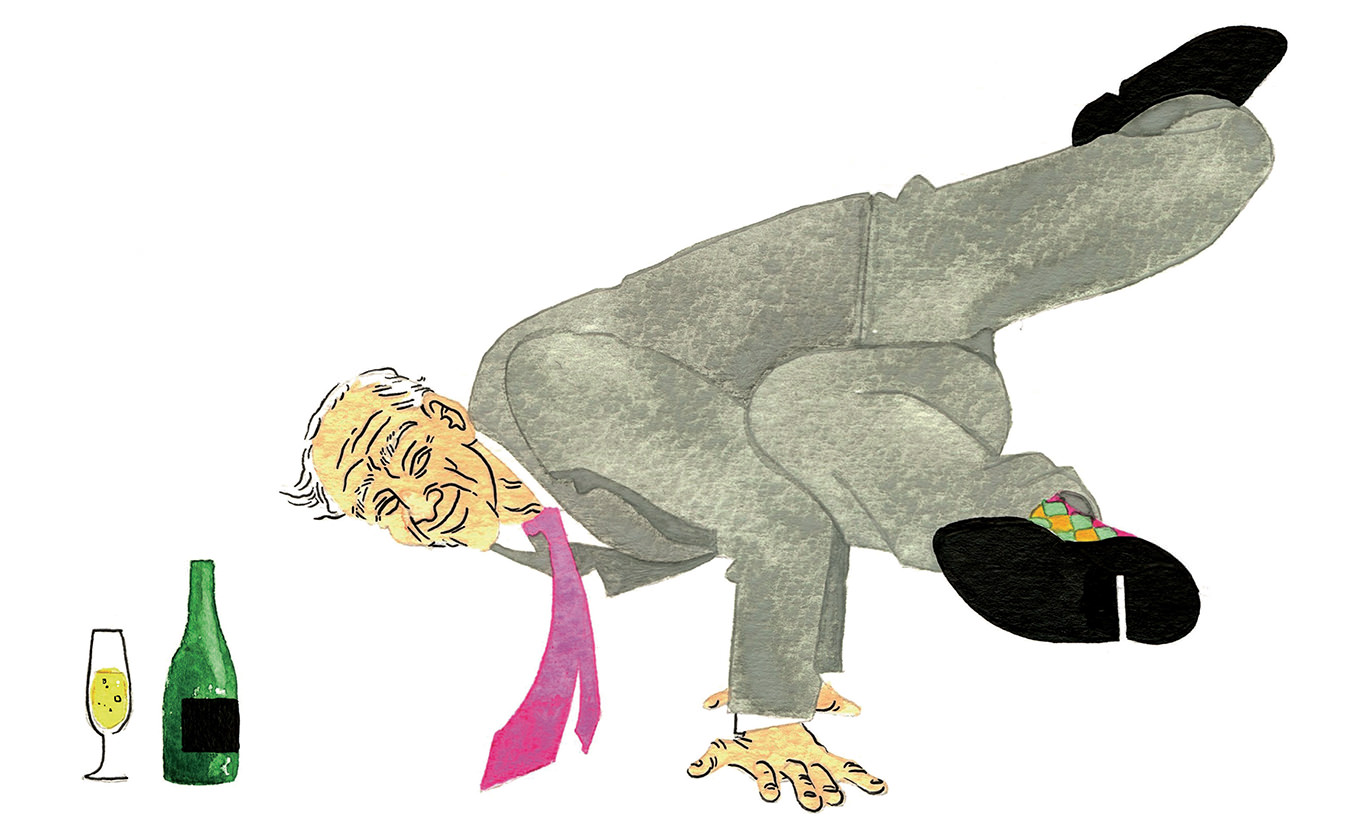Jet Lag
How to deal with the inevitable.

I once flew in from Toulouse, hit the tarmac, and ran home to my apartment with a scant three days before heading out to Hong Kong. The departing flight was “sometime in the afternoon”, I thought to myself smugly, plenty of time to recover and get my bearings before jumping onto another plane. So three days later, rested and apparently recovered, I checked my flight in the morning, and “Departure: 0145” floated through my mind. And then it connected: One. Forty. Five. In the morning, not the afternoon. Somehow, the bit of cranial hard drive that remembers that airlines use the 24-hour clock had gone AWOL. I’d recovered in body if not, it seems, completely in mind. Jet lag can do that to you.
Bill Murray nailed this feeling of jet lag in Lost in Translation, deftly conveying that sense of discombobulation and disorientation. He also exemplified the weird sort of high one can attain: an altered state that can overload your senses when dazzled with Bangkok’s lights, give you visions that transform London’s squares into a scene from Masterpiece Theatre, or in Murray’s case, make a video game of Tokyo’s neon signs and busy freeways.
Depending on your route and destination, you can even find yourself mired in a twilight-zone feeling of bewilderment as you arrive in a new time zone a full day behind or ahead of when you left, or like Alice’s Adventures in Wonderland, driving a rental car through a looking-glass world of traffic on the “wrong” side of the road.
In earlier eras, crossing an ocean or continent was a civilized procedure that let your body clock slowly adjust instead of being abruptly slammed. Jet lag is like having someone hit your personal fast-forward button, or rewind button, or both, and no one appears to have that drugged-slug feeling completely whipped. That’s not for lack of trying, and if there are no conclusive solutions, there are myriad suggestions. Nick Baker, a partner in SmartDesign Group, tries to keep flying west (supposedly easier) when he has to cover Asia, the Middle East and Europe in the same trip. He also suggests getting copious amounts of sleep, plenty of fluids and doing minimal work pre-flight. British pianist Paul Lewis, who actually has to perform soon after landing, not just be awake and ambulatory, recommends drinking a half-litre of water per hour. And Shiery Leung, a Cathay Pacific senior purser who sometimes flies the Vancouver/Hong Kong route four times a month, has her own anti-lag routine upon arrival: “I usually drink green tea, have a hot shower and stay in the sun.” On the flight itself, easy audio listening and walking around are helpful, she says.
There is one infallible remedy, of course. Simply request that meetings are held according to your time zone, not your hosts’, and never adjust your watch. (Good luck with that.) That way, the staff will be left with a truly 21st-century condition: jet lag without the travel.




